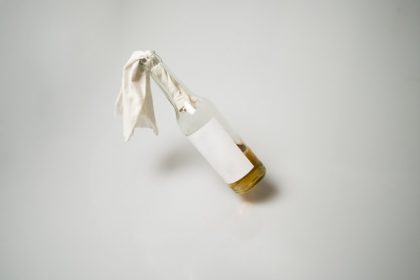Last Updated on October 12, 2025 by Michelle Ball
Did you know that students can be suspended or expelled for damaging (or trying to damage) school or private property? Absolutely true. But, how much “damage” is enough?
Law Prohibiting Damage of Others’ Property at School
Per California Education Code 48900(f) a student may be placed up for suspension or expulsion if the student: “Caused or attempted to cause damage to school property or private property.” This may seem very simple and straightforward. However, due to the code’s wording, it allows the schools way too much latitude to punish students for minor wrongs.

Attempt To Damage Can Be Suspendable
The language which is most problematic allows student suspension or expulsion for an “attempt” to damage property.
What does this mean? What if a student tries to write on a wall but his pen is out of ink?
What if a student pretends he will dump water on another student’s backpack as a prank, but pulls back at the last second? Is this an attempt to damage private property, despite the student changing their mind?
What if a student takes another student’s shoe and throws it in the air. It hits the ground but is not seemingly damaged. Is this suspendable?
Schools apparently have latitude to punish any “attempt,” however unreasonable.
Strong arguments must be made against student suspension or expulsion for attempted property damage, unless it is very clear.

Language is Vague on What Property and How Damaged
Another issue is what is “damage?” Is damage to student private property found in eating a friend’s food (even a minimal amount, such as a carrot stick) at lunch?
I have seen property theft alleged by a school, as well as theft, when a student took another student’s food in a friendly way.
What about taking some paper from another student without permission and writing on it? Is this just normal kid stuff or suspendable damage?
How about a student who actually draws in a textbook? That student’s parent is already going to face some monetary penalty for this. Should the student, who may be 7 or 8 years old, be suspended? It seems like an overreaction, but the code arguably could allow it.
It is very vague what damage is and how much damage must occur under this statute for a student offense to occur.

Way Too Much School Discretion
When a student can get a permanent negative mark on their record (suspension) for eating a single french fry, it is clear that the law provides way too much discretion to schools.
Were schools always acting reasonably or in the best interests of students, my view could be different, but this is not what I have seen since I started dealing with schools in the 1990s.
It may benefit parents to discuss this school property damage prohibition with students, lest it be used against them. This is another potential punishment zinger for California kids.
Student lawyer Michelle Ball is centrally located in Sacramento, California. Michelle Ball, education attorney, can help parents in San Diego, Los Angeles, San Jose, Roseville, San Francisco, and many other locations.
Originally published January 28, 2016

